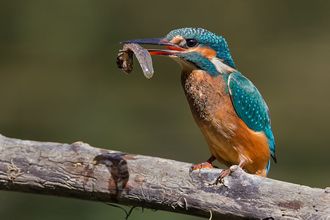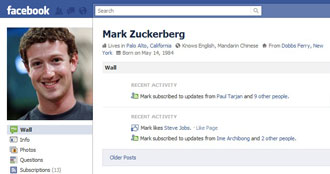 Terrorist outfit the Islamic State has decided to take out the heads of the major social media companies for daring to take on the outfit.
Terrorist outfit the Islamic State has decided to take out the heads of the major social media companies for daring to take on the outfit.
On Sunday, an image circulated showing Islamic State supporters allegedly threatening Jack Dorsey, a founder of Twitter, in retaliation for the social network engaging an escalating war against the militant group.
ISIS relied heavily on American-built social media to provide a megaphone. Lately, however, the networks have fought back and shut down its access.
Now the social media that enabled ISIS to become the most famous terrorists on the planet—Twitter, YouTube, and Facebook is at war against them.
Twitter has gone through numerous waves in which tens of thousands of ISIS accounts have been banned in an attack designed to lessen their influence.
ISIS tried to arrange a cyberprotest in favor of a right to free speech in order to gain the attention of the world.
At noon ET on Feb. 26, the full might of ISIS’s social media operation was supposed to get #IslamicStateMedia and #الحملة_العالمية_لنصرة_الدولة_الإسلامية trending everywhere and squarely in the spotlight.
However it was taken to the cleaners by Kurds and conservative American activists who rhetorically attacked their common enemy so that neither the Arabic- nor English-language campaign had any success whatsoever.
ISIS social media jihadists were outnumbered and outdone during their own highly publicised campaign.
It turned out that Twitter made it impossible for ISIS to win by setting in motion the biggest strike against the Islamic State that social media has yet seen.
Some accounts were suspended three to seven times within one single day. But the incentive of the campaign kept these Islamic State supporters coming back again and again.
ISIS is now spending more time and effort than ever before to maintain their social media.
Apparently they are wanting blood with threats calling for the killing or harming of social media bosses appearing on the accounts they can still use. But it is looking like this is a rear guard action.
 UK tech companies with Russian links or finance might find themselves in hot water with US big tech.
UK tech companies with Russian links or finance might find themselves in hot water with US big tech.


















